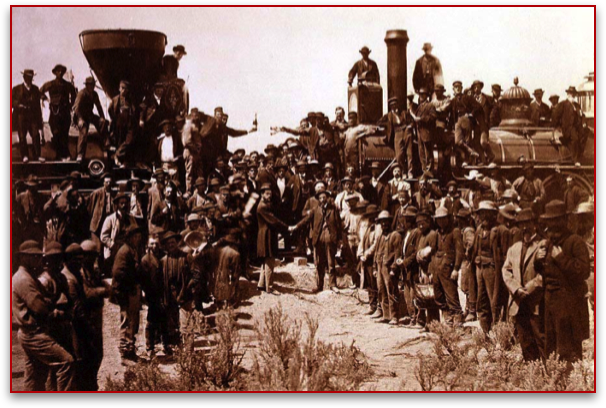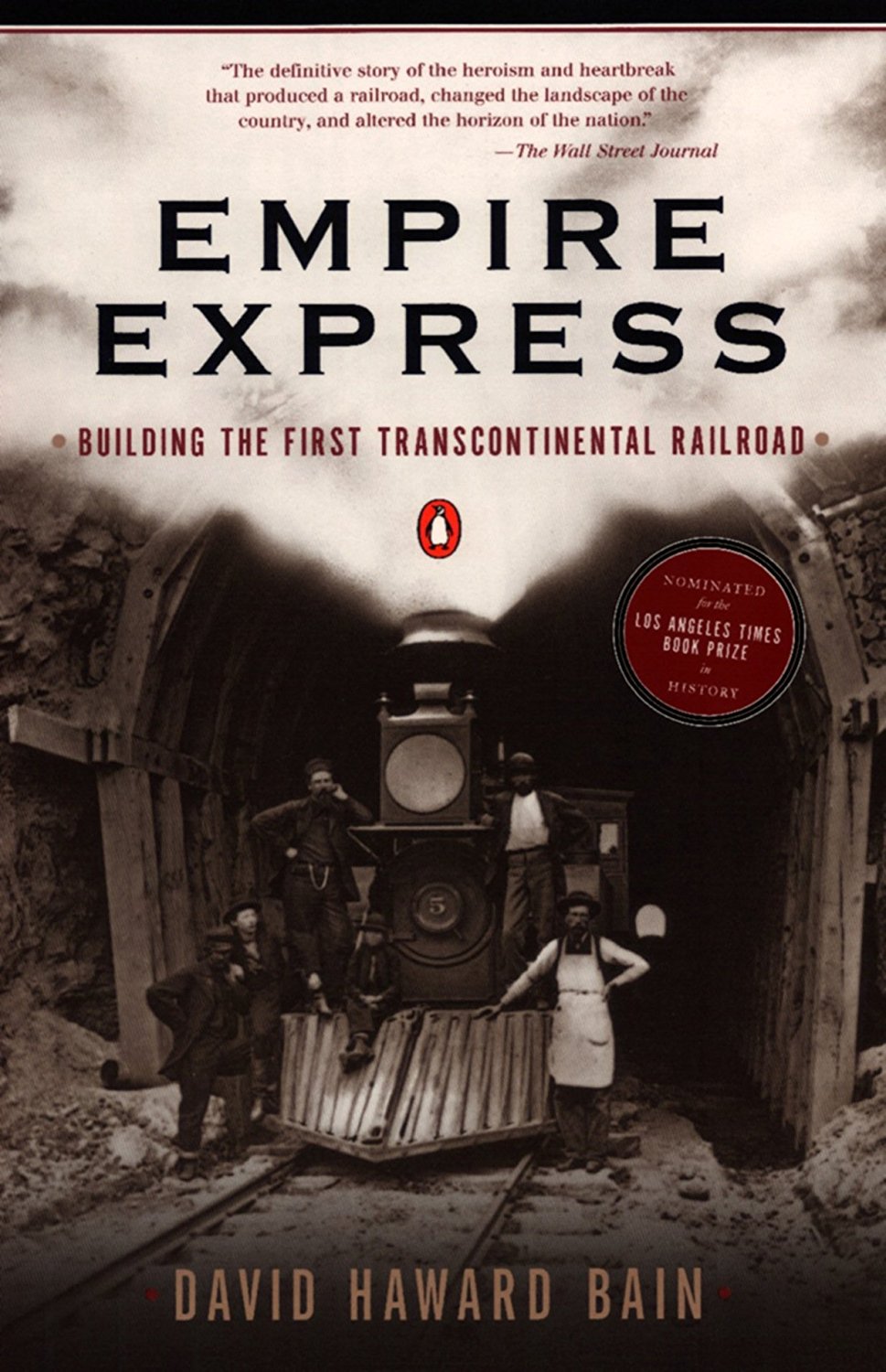On, Nat Turner...
I would likely have done what he did, much sooner. As an academic exercise, let's remember a few things before we decide.
First of all, his "confession" was written by a white slave owner, and I believe the contents of which were not vetted by any witnesses, who if there were any, would have been white slave owners. Gray wrote the confession in first person...very odd for someone interested in the facts of methodology. The voice was intentional, likely to create bias in the reader. By most accounts Turner was literate, leading one to think that he would have written his confession, had he intended to give one.
.
Very good point - as it concerns the reality that it was never really seen to be Turner writing what was taken as a confession against him. And when seeing his actions, it is interesting to consider how often that fact is minimized....
Second, the precursor circumstances of the uprising are not known. What happened immediately before the revolt? Why then? Why so violent? This of course assumes that the number of persons involved on both sides is accurate, which by historical record is not conclusive.
Indeed - people assume the revolt was planned to turn out as violent as it did - but there's no evidence of why there was such a reaction......and, for that matter, what was originally planned before action was taken.
Last. What were the conditions of slavery? Beatings, rapes, torture, theft of labor and profit, terrible living conditions.
Murder is another one I'd place on the list, seeing how frequently that occurred as well. From the Middle Passage/slaves killed in the time before auction to others torn to pieces by dogs when they ran away as well as being forced to see loved ones killed many times.
It was on the same level as any of the genocides happening today in many parts of the world where the worst of human experience is shown.
One could easily argue self defense in today's day and age. If a situation existed where a person or group of people were being treated in such a way TODAY, and they killed their oppressors...self defense would be plausible and viewed much differently by society at large. It has happened many times, though to different degrees.
Some, of course, argue that the actions taken by the slaves in violent reaction were always a matter of error...but I disagree. Truly, there are many key figures within history who sought to address the issue for what it was when it came to noting the utter hypocrisy in believers claiming the right to bear arms in the American Revolution - and yet not applying that same logic to the slaves or abused blacks (or Native Americans) when it came to their situations.
People often get mad at the individual for noting this - but the reason why one of my favorite
historical figures of the 20th century -
Malcom X - said what he did was due to the fact that so many were wrongly claiming that violence was wrong and yet they only did so AFTER they were violent to others (which
was a part of his uniting others all over the planet going through the same experience).....and then they'd claim the name of Christ.
Truthfully, I may disagree with much of the theological system he grew up in - but I can understand much of where he was coming from and I'm glad he noted it during the time he did with showing the ways others were psychologically trained to not be able to respond with the same means others brought upon them.
Ironically, it should be noted that many of the things Malcolm noted of others in his day who were white (when it came to what was being told to blacks in order to make them comply with the system) were things that other whites told one another - and thus, I often take things he has said and apply them to oppressed groups whenever there's a dominant group oppressing and trying to justify it.
It is an experience common to humanity - and noted by many, from W.E.B Debois to Sojourner Truth to Harriet Tubman to
Fredrick Douglass to
Martin Luther King and
Malcolm X as well as many others. And as ironic as it was when seeing the ways Christianity was sadly used to further many evils, it is amazing how often the image of Christ/submission was utilized to influence others into thinking it was their destiny to go along with such things.
Outside of blacks, we can see this plainly in events such as
Manifest Destiny and in
light of what occurred in the name of God/the Gospel to Native Americans -
as well as First Nations Groups around the world that were eradicated/silenced for the sake of gaining land (be it in the Americas - or even what occurred in places like Austraila with the
Aboriginal people in their treatment )....and with the rise of the Industrial revolution, when Social Darwinism impacted economic realities as many children/
women and others in poverty were regulated to slums while others claimed the Lord meant for them to become poor. ......and rven with other developments in U.S history as with the 18th-19th centuries, when ethnic groups around the world were impacted (
such as the Chinese indentured workers who helped build the U.S Railroad System) and severely mistreated.
For many blacks noting the violence done to them by whites, it should be noted that even whites have experienced the same amongst one another - at the SAME time as blacks. I'm reminded of what occurred in Europe, as there were raids by European groups onto others - one of the reasons why many fled to the New World and why others were often enslaved. I am reminded of the experiences of the
Dark Irish (whom many deem to have a mixture in ancestry with the Spanish and others from the Iberian Peninsula) and the
Irish in general.
The 'dark Irish' were set off (and the Tinkers without regard for color), and the Irish were likewise 'set apart' by the Brits as being less human. In England, these "native Irish " suffered something very similar to American slavery under English Penal Laws. If aware of Thomas Nasts 19th-century anti-Irish cartoons, it's hard not to consider the ways Irish were often treated the same as Blacks. Many have taken issue when it comes to noting many crimes which England has YET to acknowledge in its own history...including many Irish war prisoners wrongly sent into slavery.
There was an excellent book on the issue as the concept of "white" was not something universally shared by many European groups who are deemed such today......and there are a LOT of factors going into things For more, one can check out the book entitled "
How the Isrish Became White"

One can read the book
at this resource if interested. For an excellent review on the book, one can consider going here to
Review of How the Irish Became White | The End of Capitalism
....All of that is noted simply to point out the reality that in many respects, the experience of Nat Turner is not one that was limited to blacks alone when it comes to self-defense and reaction toward mistreatment by other men....but one where the theme is truly universal - and others must wrestle with seeing how far they'd go to ensure they were free if they were pushed down by another wrongly ....or whether they'd acknowledge others in the same experience as being proper/able to do as they do if they were battling rather than assuming only their group could act a certain way.
Take for instance the wife, beaten and raped by her husband, who witnesses her children being subject to the same. She kills her husband while he sleeps...HERO.
Some would still say she was a villain for not seeking to see the husband changed first. But then again, Hollywood always seems to play on that theme often. Films like
"Enough" with Jenifer Lopez or Tyler Perry's Madea films (which often show the abused black woman fighting back physically against things like domestic abuse in order to show her rights as a human being - such as
here,
here and
here ) and others come to mind.
And for others, it has even been suggested that a godly woman would be one who submitted to such abuse (even in the event of death being present) - something I've always found to be highly problematic. Of course I'm talking about the form of self-defense that allows for going STRAIGHT for violence the moment any altercation occurs and it's assumed that violence is the solution - but it is highly problematic to witness how many women were either
abused physically or raped and mistreated (especially if not supporting their husbands) throughout history and it was never even questioned.
It was as if a woman had to put up with such treatment. Working in Human Services, I'm shocked by how we already have EXTENSIVE
amounts of domestic violence (including in Christian homes in the West) when it comes to the status of women in the West.
See it all the time working in Social Work and some of the cases I've had to hear - especially when it comes to others in churches justifying terrorizing the women physically (As well as financially by threatening to kick her out of the home/keep the money from here) are heart-breaking...some even using the OT (with beating a slave woman or other things present) to justify - and the same with divorce justified under being under grace.
Many during the era of Jim Crow were ROUNTINELY harrarssed/raped by white men due to the image of those who were black...and
the same with Native American women -
as is still occurring today. And when it happens today, it's amazing how many will claim the name of Christ and yet cry out "Well, at least we're not the Muslims who allow all types of abuse to happen to their women!!!" (even
though abuse is not a universal in Islam and many have long spoken out against it)
History is written by the victors, and I am not ashamed to say, that if I had been black, a slave, and saw my family abused on that level...I could have been Nat Turner
Indeed..
I could've been him as well....




